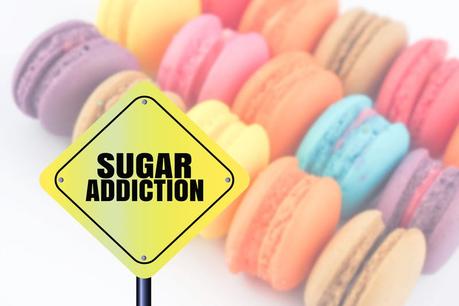
If you have ever tried to take an ice cream away from a five-year-old, you likely have all the evidence you need to know that sugar and sweets have powerful effects on our brains. But are they addictive?
Scientists have looked into this question for years. While most of the studies have been in mice and rats, there have been a few human studies to help answer the question. Most recently, as reported on KREM [not available in the EU], a study from the University of Michigan tried to define if there were significant withdrawal symptoms, one of the criteria for an addiction, when stopping processed and sugary foods.
PubMed: Development of the highly processed food withdrawal scaleThe scientists developed a "Highly Processed Food Withdrawal Scale" and asked 230 participants to chart their symptoms as they cut back on processed foods such as pizza, pastries and fries. They found that most of the subjects felt sad, irritable and tired, and these symptoms peaked at days 2-5. The researchers defined these as "withdrawal" symptoms.
To put this in perspective, no one died from withdrawal (like can happen with alcohol), and no one had a severe debilitating reaction (as can happen with cocaine or heroin). Yet they clearly felt poorly. Was it a true withdrawal? Could it have been due to decreased calories? Or were they having the "carb flu" from getting rid of the main source of carbohydrates? That is unclear and makes it a little murky if these were true withdrawal symptoms.
More compelling than looking at withdrawal symptoms are studies such as the ones from Dr. David Ludwig that demonstrate how sugar and refined carbohydrates stimulate our brain's reward center in the same way as cocaine and other drugs. In some cases, activation from sugar and activation from drugs are indistinguishable.
And food companies know that. They take advantage of this to design processed foods to make us want more.
We could certainly argue whether or not processed, sugary foods fit the definition of addictive substances, and that may be important for policy and regulatory decisions. But from an individual perspective, the point is knowing that processed foods are designed to stimulate our rewards center and make us want more. Understanding this helps us realize why it can be so difficult sometimes to stay on our healthy eating program.
That shouldn't serve as an excuse to give up, but it should keep us from beating ourselves up too much. Hopefully recognizing this will help us be proactive and replace those foods with tasty, enjoyable, healthy food choices. If you are looking for inspiration, look no further than the myriad of recipes here at DietDoctor.com.
The science of addiction may be fighting against us, but we still have the power of real food to help us succeed.
Thanks for reading,
Bret Scher, MD FACC

